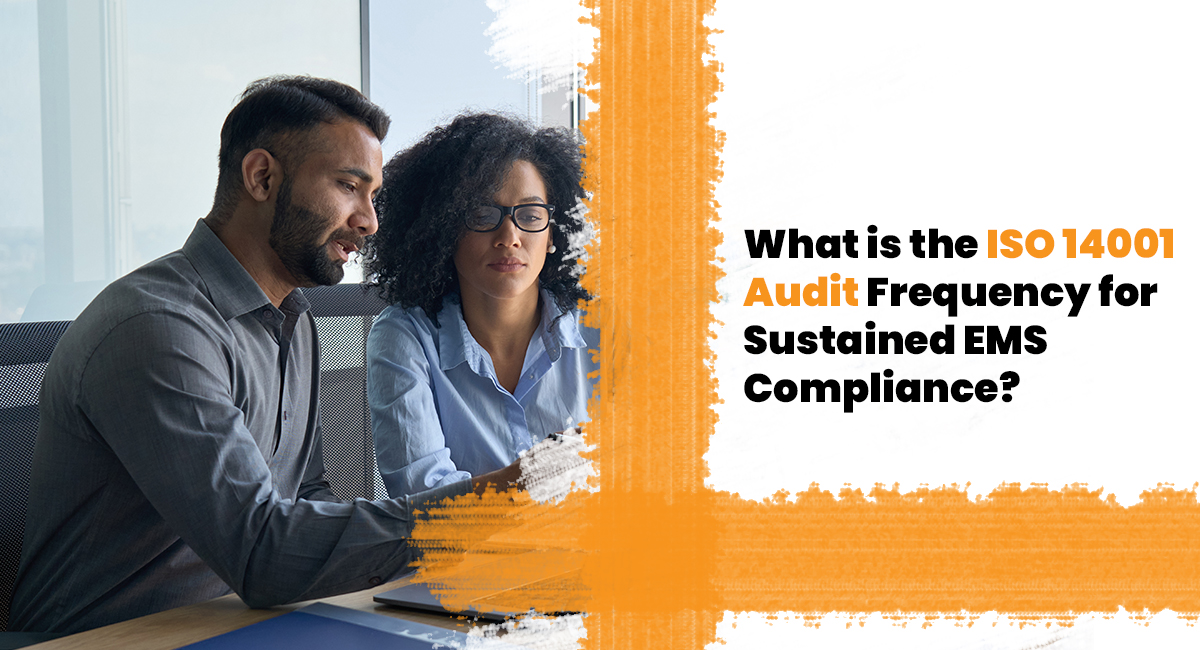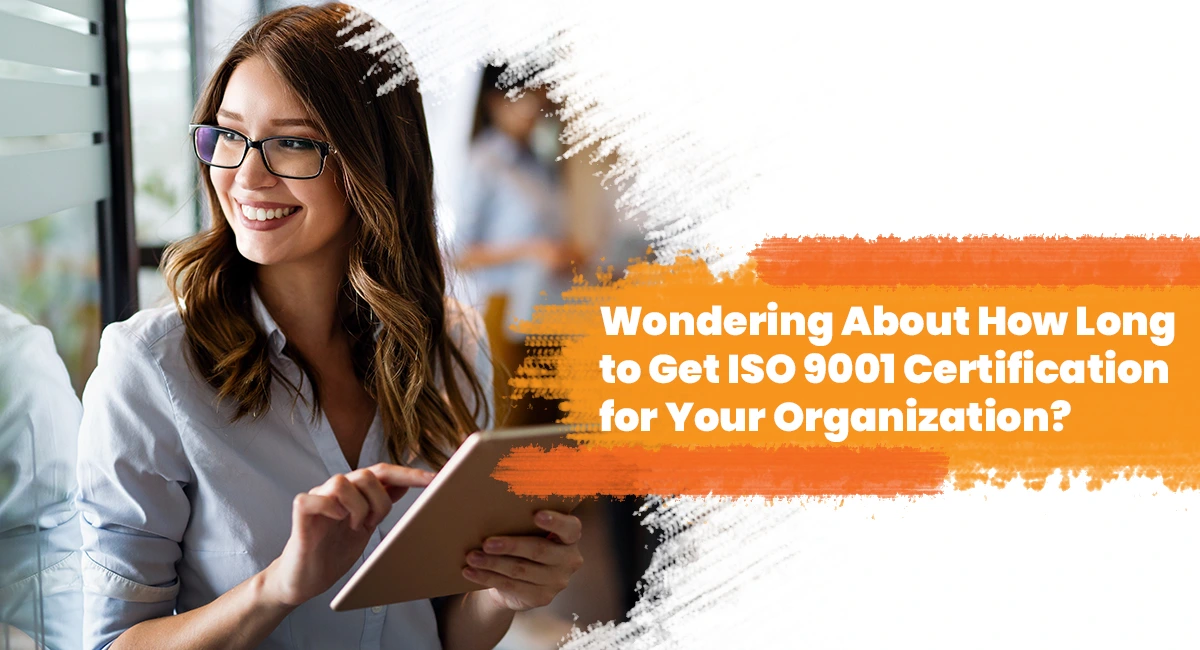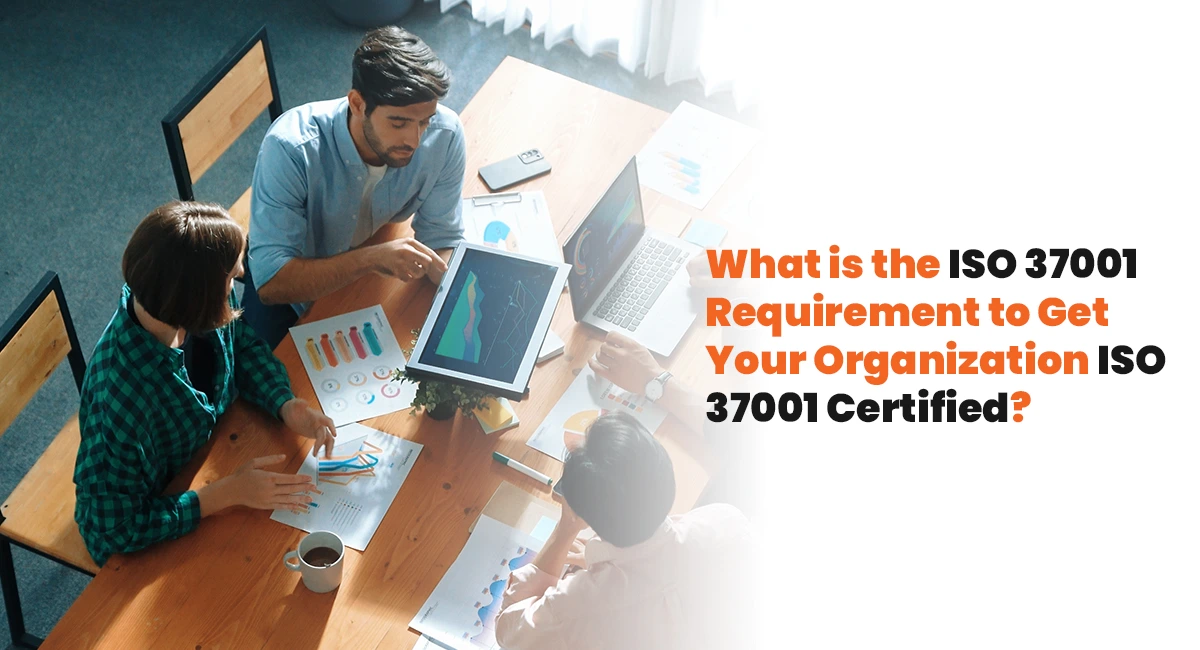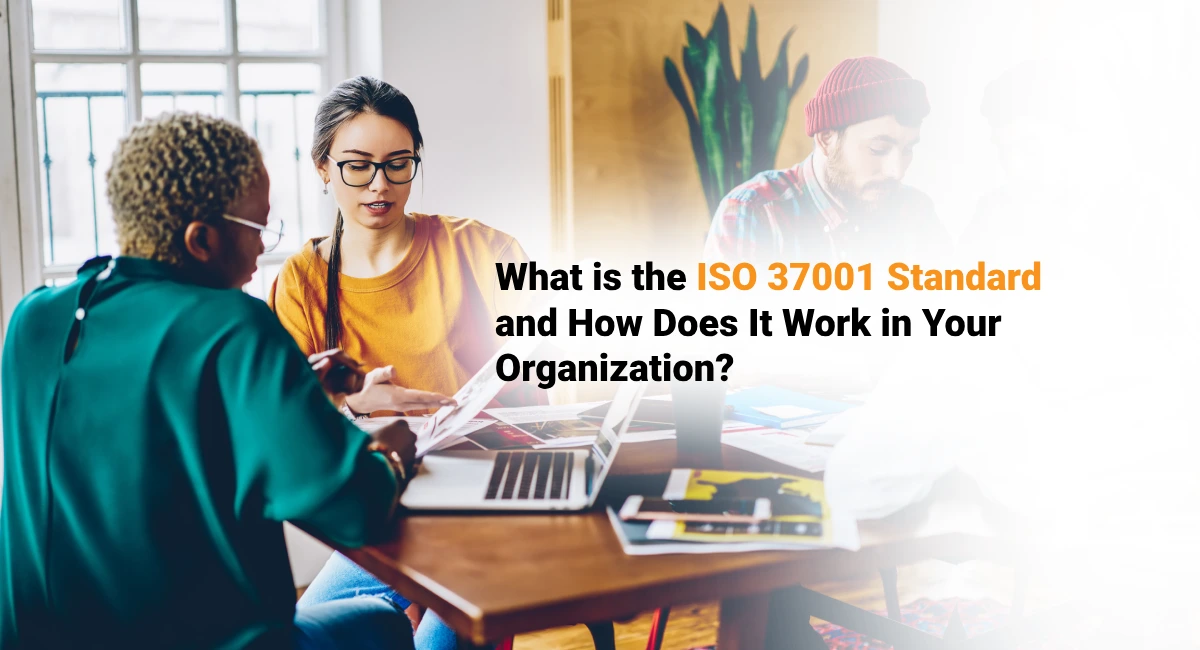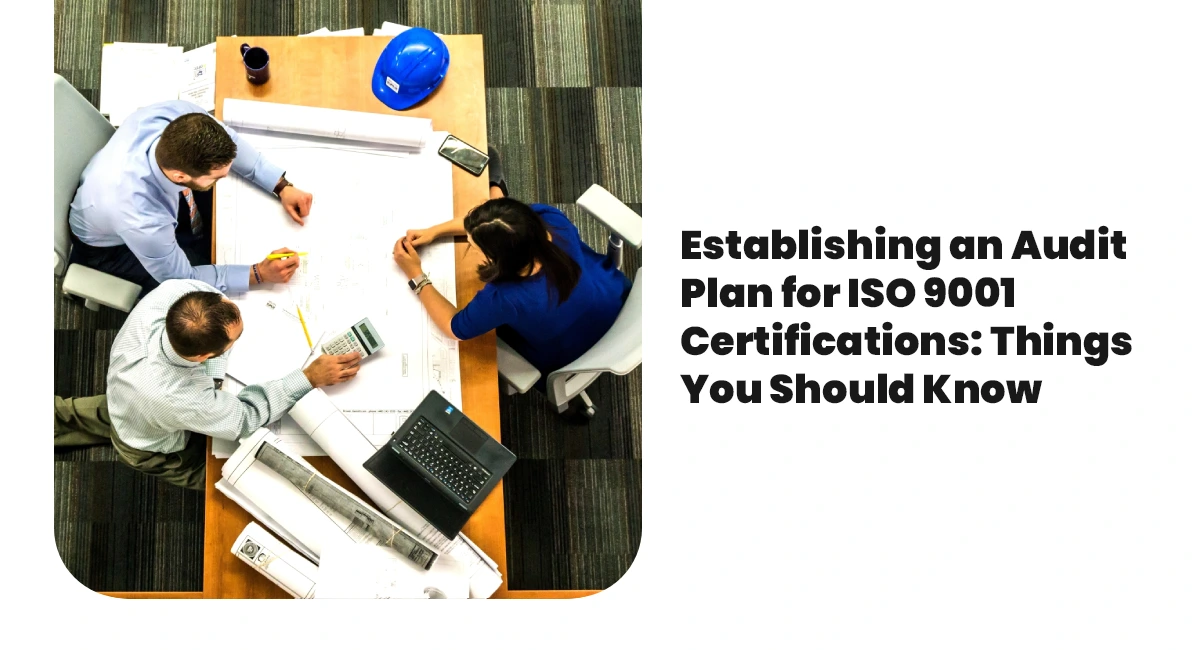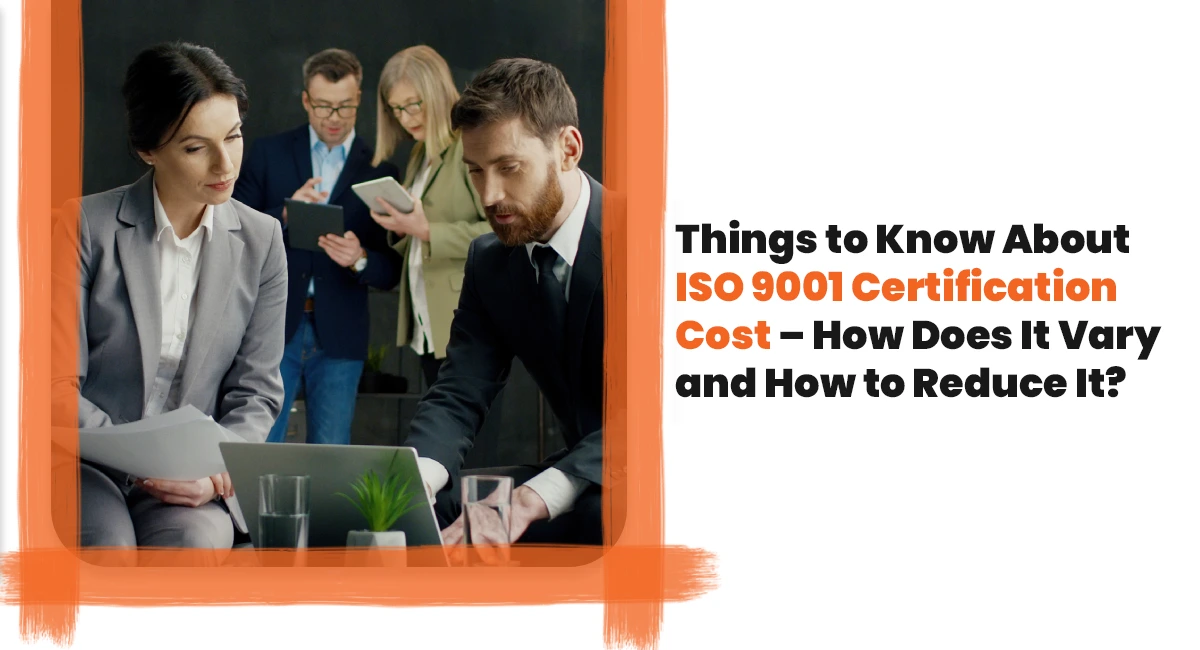In today’s world, information has become the biggest asset of all businesses regardless of the size and niche. Yet, protecting sensitive business information isn’t easy from unauthorized access, theft, or manipulation. Sometimes, it’s also not easy to determine where you should start. This is where the ISO 27001 standard comes to help you. Besides protecting your business data, there are many other ISO 27001 certification benefits.
Let’s dive into the following blog post to know more about that.
How can getting your organization ISO 27001 certified help you in the long run?
ISO 27001 is the internationally recognized standard for ISMS (Information Security Management Systems). Implementing this ISO standard in your business process helps you manage the security of your organization by addressing technology, procedures, and people.
One of the primary goals of the ISO 27001 standard is to ensure that organizations have a robust framework to manage their information security and comply with the information security rules and regulations.
The following are the benefits of achieving an ISO 27001 certification:
1.Attract new employees and customers:
Achieving the latest ISO 27001 certification can help your small business attract new employees and clients by ensuring that the IT system of your organization meets the industry standards.
It also shows your commitment to providing a high level of integrity, confidentiality, and availability to your consumers.
2.Lower the human errors:
Getting ISO 27001 certified helps your organization cut down the human errors to keep the brand safe from the fallout of wrong moves or mistakes.
The goal of this ISO certification is to keep most damage at bay and make your business operations protected all around.
3.Provide quality assurance:
Passing the ISO 27001 audit process can help your brand implement quality assurance procedures during the development, manufacturing, and installation of the product.
The ISO 27001 standard establishes a framework for quality management systems in the business by promoting a comprehensive approach to quality assurance across the organization.
This framework ensures that your organization has all the processes in place to meet the latest ISO ISMS requirements alongside customer expectations.
4.Prevent data breaches and related financial costs:
Getting the latest ISO 27001 certification can help you lower the financial costs and losses related to data breaches by protecting your business information.
These costs can be staggering, from losing business revenue to brand reputation.
5.Improve the organizational focus and structure:
Implementing the ISO 27001 standard in your business process helps you pinpoint the necessary security measures for your small business, which can further enable you to prioritize the overall improvement of your brand, beyond the security enhancements.
It can also help you facilitate better organizational focus and structure that can further assist you in creating value for your customers and returning what’s essential.
6.Save company time by efficient and rested procedures:
It’s a must to run regular audits to keep your organization safe from breaches.
Though it can be time-consuming and costly, implementing the latest ISO 27001 standard would be helpful. It can simplify the procedures by providing the employees with written processes they can follow.
Having an ISMS in place, individuals no longer have to assume or enquire about how something can be achieved, as all the necessary protocols and procedures will be there.
7.Mitigate loopholes in information security:
Getting your company ISO 27001 certified can help you address various security flaws, which are one of the most vulnerable aspects of ISMS.
Any security flaws can further lead to catastrophic breaches.
Implementing this ISO standard in your business process can help you install controls within your organization adhering to the best ISMS practices.
8.Ensure regulatory, legal, contractual, and business compliance:
Implementing the latest ISO 27001 standard in your business process can help you meet the latest compliance requirements with a comprehensive risk assessment to achieve the certification.
During this risk assessment process, you need to assess current procedures and identify gaps that can further stop you from meeting the regulatory standards.
After completing it, you’ll have a clear understanding of how closely your business aligns with the ISO 27001 requirements and look for areas for further enhancements.
9.Provide an independent opinion on the status of your ISMS:
Achieving ISO 27001 certification can help your organization get an unbiased assessment of how secure they are.
It can also ensure that your organization has put enough security measures by considering a few factors like how aware your organization is of threats and weaknesses, how you train your staff(s) to stop cyberattacks, and how you plan for emergencies.
10.Improve the business process and strategies:
Implementing the ISO 27001 standard in your business process can make it easier for you to test your current processes alongside strategies that can further help you improve them.
11.Increase confidence among consumers:
Getting your organization ISO 27001 certified ensures that you take serious measures to protect sensitive business and customer data, which can further increase confidence among consumers and offer you a competitive advantage over others.
Bottom line
Can’t decide how implementing the latest ISO 27001 ISMS standard in your business helps you? Well, there are many ISO 27001 certification benefits besides protecting your organization’s data. We hope this blog can help you to understand that.





